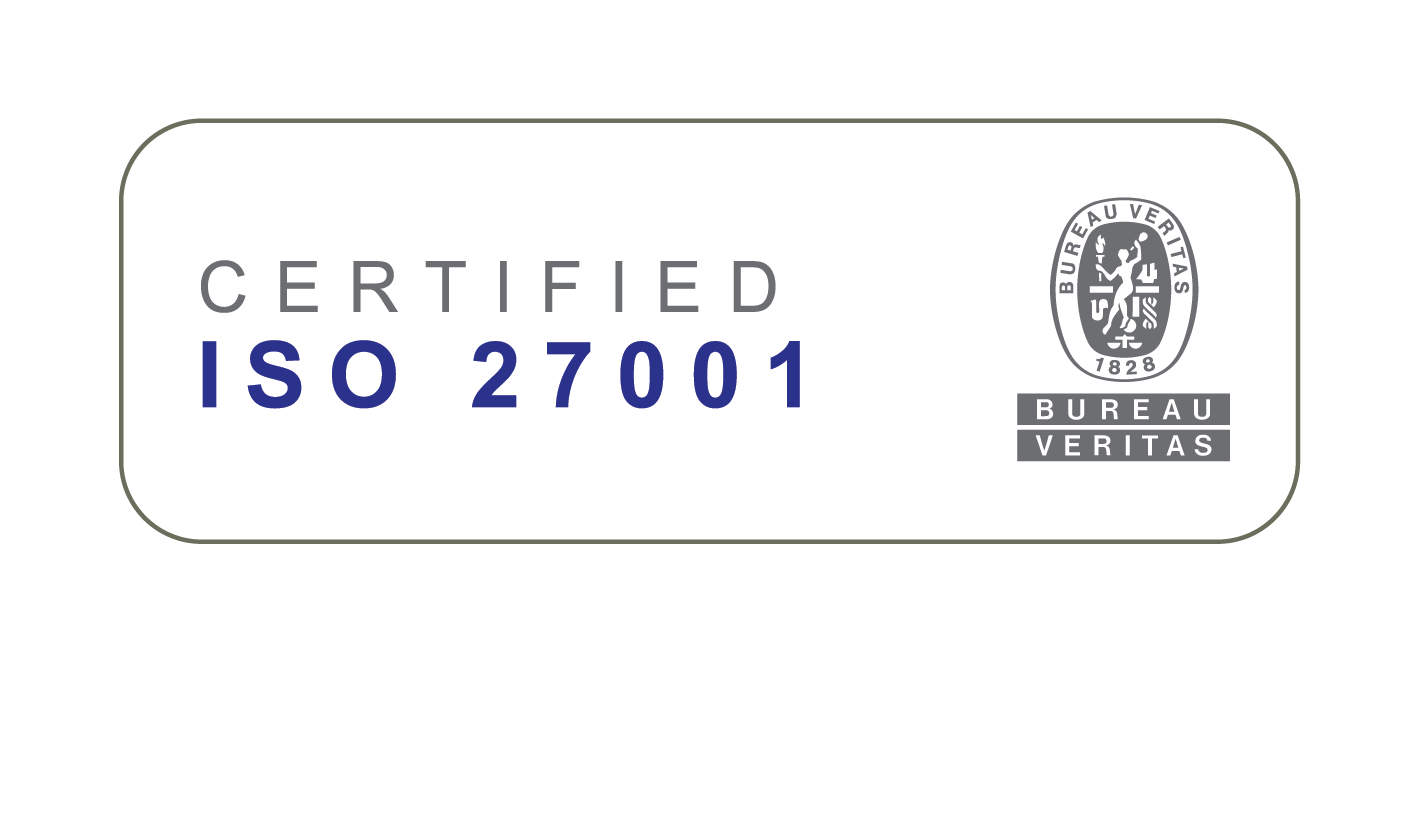According to data published by Taust.ee, the number of businesses struggling to pay their taxes has increased greatly since the start of the coronavirus pandemic and shows no sign of dropping back down to pre-pandemic levels. In addition to a significant rise in tax debtors, there has also been a decrease in businesses that can meet their payment schedules on time.
Since September of this year, more than 14,500 Estonian companies have been delinquent in their taxes. Before the pandemic, that number had stayed around 10,000 on average. The number of debtors began to increase sharply in May 2020. Although the number of indebted companies has decreased compared to the peak, the number of debtors has stabilized significantly above the pre-crisis level.
Art Andresson, CEO of Taust.ee, clarified that although the surge in debtors is concerning, the sudden decrease in the percentage of deferred debts should raise more red flags. “40% of debtors from troubled companies adhered to their payment schedule pre-crisis,” he said, “whereas this September, that number has diminished to 27%. This indicates that financial hardships are severe and following a payment schedule isn’t necessarily enough assistance.”
As of September, companies operating in the fields of construction, trade, and transport are most often in trouble with taxes, while the fewest tax debtors are in the fields of production, energy, and waste management. IT, financial services, and telecommunications companies have rescheduled their debts the least often, while the food industry has the most.
Andresson stated that the EMTAK codes, i.e., the areas of activity determined during company registration, could mistakenly group together very successful areas with more problematic ones. He went on to say that it’s still a good way to superficially assess which sectors are doing better or worse. It’s also worth noting that there are significantly more companies operating in some sectors than others, so the total number of debts in those sectors is higher.
Difficult times on the horizon
“Troubling payment defaults, tax debts, and recent mass layoffs, in addition to worldwide market trends, all point to an unstable economy. Businesses are understandably wary, and many are struggling. If some of the tax debt can be blamed on apathy and getting used to not paying interests during COVID, current statistics show that difficult times lie ahead,” he said.
Given the current situation, Andresson urges managers to take care of their finances sooner rather than later. He continued by saying that “The more uncertain the situation, the more managers want to do business with companies who are stable and have a good reputation.” If there are any tax debts or payment defaults, it could easily show the company in a bad light – so much so that even potential partners would shy away from working with them.
Taust.ee streamlines the collection of information from various sources about private and legal persons so businesses can make more informed credit decisions. The site provides access to a database containing payment history, tax debts, real estate data, court decisions, and financial reports.
Taust.ee is a subsidiary of Aktiva Finance Group. The group’s companies in Estonia, Latvia, Lithuania, and Poland employ nearly 200 people dedicated to developing the financial infrastructure, from making payments to collecting debts.









